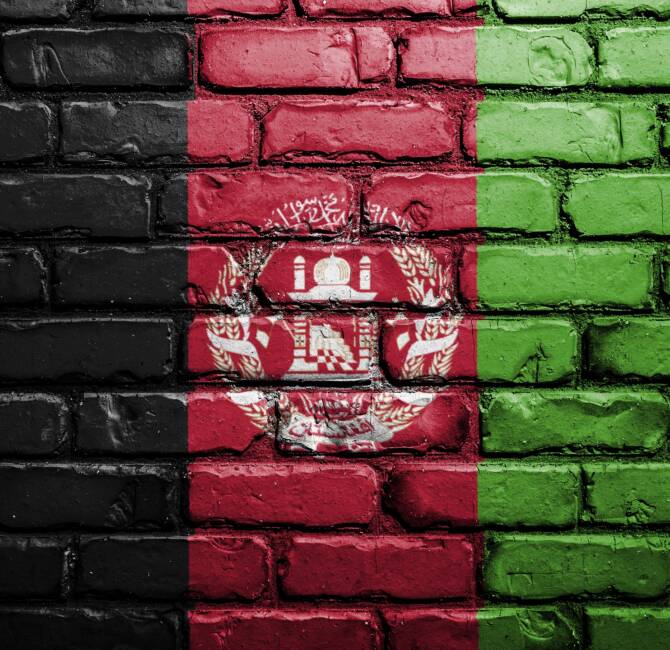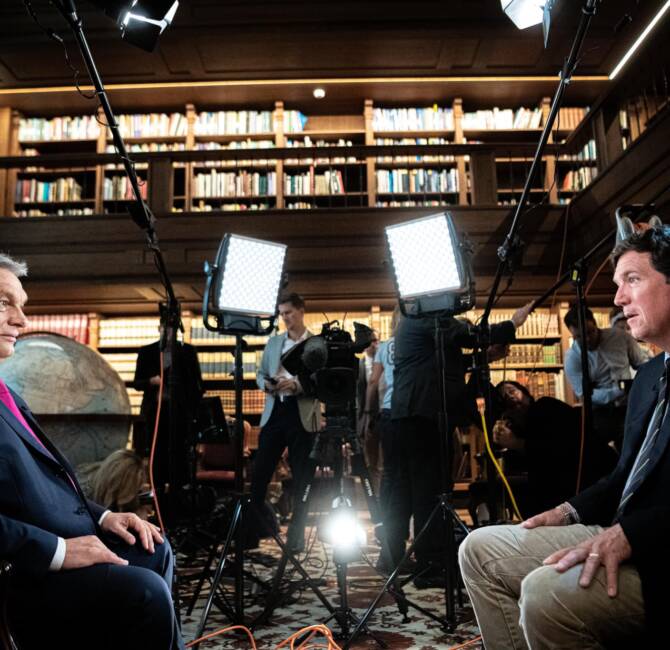By Olivier Bault.
Poland – An interview with Polish Prime Minister Mateusz Morawiecki conducted by the newspaper Dziennik Gazeta Prawna (available here in Polish) after the last World Economic Forum in Davos provides interesting insights into Polish positions on the European scene. In Davos, Morawiecki met with US Secretary of State Rex Tillerson to discuss energy diversification and confirm US support for the former Eastern European countries opposed to the Russian-German project of doubling the capacity of the Nord Stream pipeline. If successful, this project would strengthen Russia’s virtual monopoly on gas supply to former USSR satellite countries. The two men also spoke about weapons deals, with Poland negotiating the acquisition of Patriot missile batteries. On the administration of Donald Trump, Mateusz Morawiecki has the following words: “During the World Economic Forum, the politically correctness imposes to criticize the United States for their slogan ‘America first’ and to praise the Chinese for their relative openness. When I see our trade balance with China and the ratio of 1 to 12 in favor of China – and it is the same for many Central European countries – I wonder if it is not the world upside down. The possibility for foreign companies to sell services in China is extraordinarily limited. It is sometimes worthwhile to dismiss the burden of political correctness and look at the numbers to tell what are the real challenges of the contemporary world. This is also what the United States thinks. We need free trade, but which is also fair, as President Trump aptly pointed out”.
Despite the difficult relations with the European Commission, the Polish Prime Minister rejected the journalist’s question about a possible Polexit: “No serious person evokes such a scenario or even thinks about it. A Polexit is as likely as a Germanexit. Poland is and will be part of the European Union”. As far as the euro is concerned, however, Mateusz Morawiecki has no intention of giving up the Polish currency even if it would contribute to an improvement in Poland’s political situation within the EU: “Joining the euro zone today or in the near future would be playing with fire. When there will be another crisis, a recession or a sudden slowdown in growth – which will happen sooner or later in the business cycle – we will lose our ability to react. We will no longer be able to weaken the zloty or issue bonds in the national currency. But they are fundamental instruments of the economic, financial and monetary policy of a State. In Poland, we talk about the euro as if it were an ideological act or a simple economic decision. However, it is not a question of ideology, let alone a minor decision in economic matters. Joining a single monetary zone is justified for similar countries in terms of the structure of production, competitiveness and the flexibility of the labor market and services. However, this similarity still does not exist between Poland and the countries of the euro zone, especially those that we usually label as ‘northern countries’. We are only coming out of communism and our enormous dependence on foreign capital imposed on us by the economic model chosen more than a quarter of a century ago means that we face very different challenges from the ones faced by the southern or by the northern countries of the euro zone. If the structure of our economy and our per capita disposable income become similar to those of the Netherlands, Austria or Belgium, then we will be able to talk about the euro again”.




